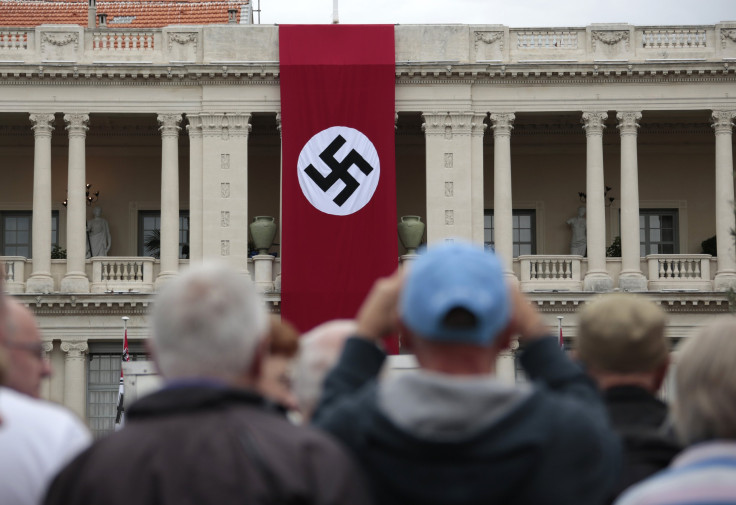Choco Leibniz Heiress Verena Bahlsen Faces Social Media Anger For Defending Nazi Forced Labor

The 25-year-old heiress to the company German that makes Choco Leibniz biscuits generated major outrage after she defended her family’s forced labour policy during the Nazi era. Verena Bahlsen said her family did nothing wrong in employing 200 forced laborers during World War Two.
The controversy started after Ms Bahlsen said, “I'm a capitalist. I own a quarter of Bahlsen, that's great. I want to buy a sailing yacht and stuff like that," in a marketing conference last week. Her comments invoked criticism from some social media who accused her of being insensitive about the company's past.
German Biscuit Heiress Draws Ire With Remark Defending Use of #Nazi Forced Labor; Verena Bahlsen said her father's company, which employed about 200 forced laborers during World War II, "did nothing wrong" https://t.co/bk6VCl2B4k // @BahlsenBiscuits #VerenaBahlsen
— Pride Flags on Drone Bombs 🏳️🌈💣✈️ (@mediamonarchy) May 15, 2019
That outrage was strengthened when she doubled down on her comments while speakign to the Bild newspaper: “That was before my time, and we paid the forced laborers exactly as much as German workers and we treated them well."
Bahlsen finally apologized for her remarks. She said in a statement, "It was a mistake to amplify this debate with thoughtless responses. Nothing could be further from my mind than to downplay national socialism or its consequences" reported BBC News.
Verena’s grandfather Herman Bahlsen founded Choco Leibniz biscuits, and the company employed about 200 forced laborers during the period from 1943 and 1945. Most of these labourers were women from Nazi-occupied Ukraine.
“So-called ‘eastern workers’ and Poles were given less food, poorer medical care and were at the mercy of police law,” said Prof. Manfred Grieger of Gottingen University. “They were forced to live behind barbed wire,” he tol The Telegraph.
Wir laden übrigens jeden gern zu uns in die Ausstellungen ein.
— Doku NS-Zwangsarbeit (@dznsza) May 13, 2019
Nicht nur bei Familienmitgliedern der Familie #Bahlsen gibt es erhebliche Wissenslücken. Das Thema NS-Zwangsarbeit ist oft noch immer ein weißer Fleck im kollektiven Gedächtnis. https://t.co/6Rc1zVa79q
German politicians also criticized Verena for the comments. Lars Klingbeil of the center- left Social Democrats said, “If you inherit such a large estate, you also inherit responsibility and should not come across as aloof,” reported Fox News.
Some critics on social media started a call to boycott the company’s products and some others urged Verena to do civic services to get a better understanding of the living situation of people and social realities.
© Copyright IBTimes 2025. All rights reserved.




















